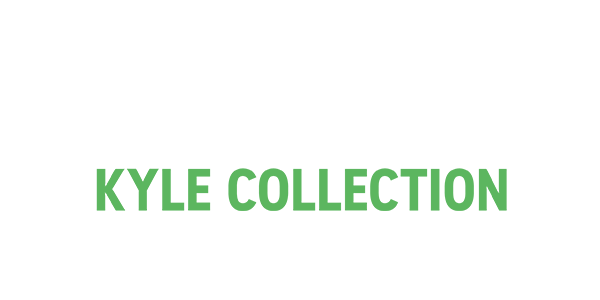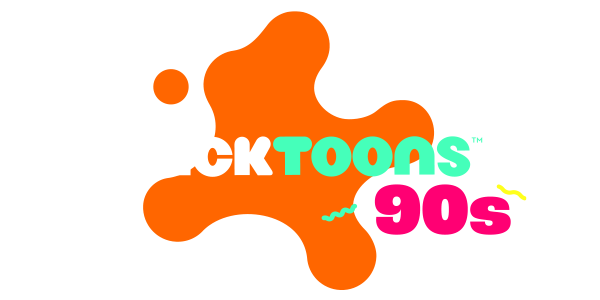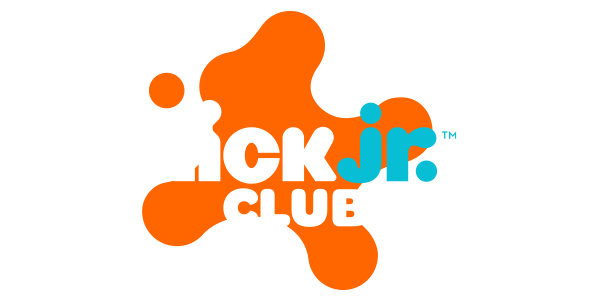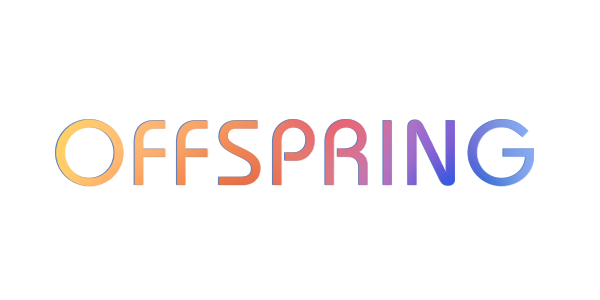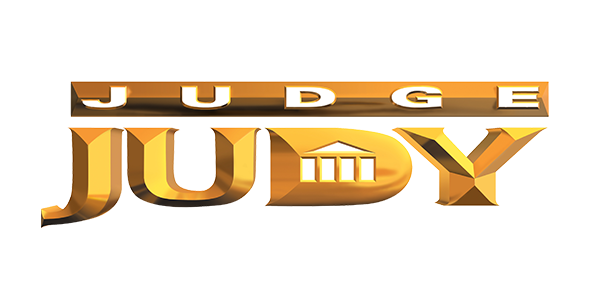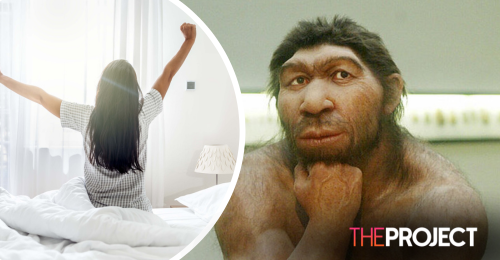You can pretty much divide everyone into two camps: early risers and sleeper-inners.
Some people love to wake up early – relish an energising jog or just savour a quiet coffee while the rest of the world sleeps. Others enjoy a nice sleep-in – pushing the snooze button multiple times to get every extra minute of sleep they can.
We all seem to be hard-wired to be one or the other, but what’s the reason? Well, according to The Guardian, a recent study might shed some light on this waking phenomenon – Neanderthal DNA.
While Neanderthals disappeared from the planet a long time ago, a tiny bit of their DNA remains in some modern humans.
A paper published in "Genome Biology and Evolution" found that those who have a bit of Neanderthal DNA are more likely to be early risers.
Epidemiologist John Capra at the University of California in San Francisco told The Guardian, “By analysing the bits of Neanderthal DNA that remain in modern human genomes, we discovered a striking trend… increasing propensity to be a morning person”.
It all comes down to circadian rhythms or our internal body clocks. It’s believed that Neanderthals' circadian rhythms helped them to live in higher climates as they had to adapt to seasonal variations in light, as Capra explains.
In some cooler climates when the day is short, hunter-gatherers have a smaller window of time to collect food, explaining the need to get up with the sun rising.
“We don’t think that being a morning person is actually what was beneficial. Rather, we think it is a signal of having a faster running clock that is better able to adapt to seasonal variations in light levels.
“At higher latitudes, it is beneficial to have a clock that is more flexible and better able to change to match the variable seasonal light levels.”
This is compared to some warmer climates where day lengths can extend up to 12 hours, which gives hunter-gatherers plenty of time to source food.
So, if you consider yourself an early bird and love the taste of worms, you might have a very distant Neanderthal relative to thank.











